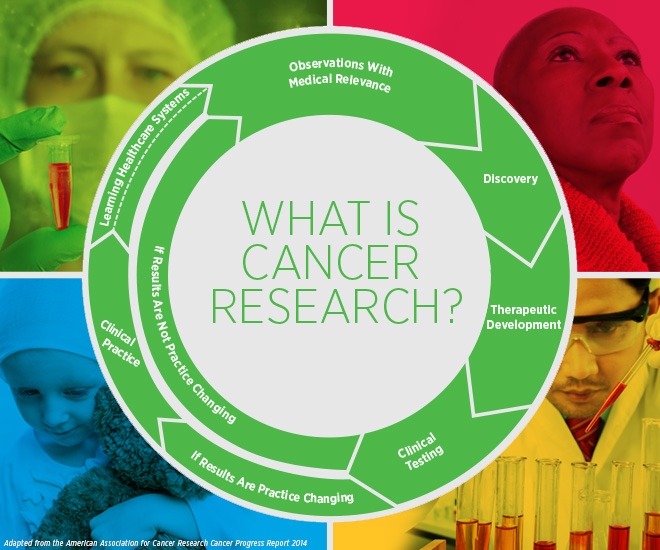Cancer research is a dynamic and multifaceted field aimed at understanding the biology of cancer, developing innovative treatments, and improving patient outcomes. With millions affected worldwide, the pursuit of effective cancer therapies remains one of the most critical challenges in modern medicine.
Understanding Cancer
Cancer arises from genetic mutations that lead to uncontrolled cell growth and proliferation. These mutations can be triggered by various factors, including environmental exposures, lifestyle choices, and inherited genetic predispositions. Cancer research aims to elucidate the complex mechanisms underlying tumor development, progression, and metastasis.
Areas of Focus in Cancer Research
- Basic Research: This area involves studying the fundamental biological processes that drive cancer, including cell signaling, genetic alterations, and tumor microenvironments. Basic research lays the groundwork for understanding how cancer develops and informs potential therapeutic targets.
- Translational Research: Bridging the gap between laboratory discoveries and clinical applications, translational research seeks to translate scientific findings into effective treatments. This includes developing novel drugs, optimizing treatment protocols, and conducting clinical trials to evaluate new therapies.
- Clinical Research: Focused on evaluating the safety and efficacy of new treatments in human subjects, clinical research encompasses various phases of clinical trials. This research is essential for bringing new therapies to market and improving existing treatment regimens.
- Cancer Prevention and Early Detection: Researchers are investigating ways to reduce cancer risk through lifestyle modifications, vaccination programs, and screening methods. Early detection strategies aim to identify cancer at its most treatable stages, improving patient outcomes.
Recent Advancements in Cancer Research
- Immunotherapy: One of the most significant breakthroughs in recent years, immunotherapy harnesses the body’s immune system to fight cancer. Checkpoint inhibitors, CAR T-cell therapy, and cancer vaccines have shown promise in treating various cancers and have transformed the treatment landscape for many patients.
- Targeted Therapies: These therapies aim to attack specific genetic mutations or molecular pathways involved in cancer growth. By personalizing treatment based on a patient’s genetic profile, targeted therapies can improve efficacy and minimize side effects.
- Precision Medicine: Advances in genomics and biotechnology have enabled the development of precision medicine approaches, where treatments are tailored to the individual characteristics of each patient’s cancer. This strategy optimizes treatment outcomes and minimizes unnecessary toxicity.
- Liquid Biopsies: Non-invasive tests that analyze circulating tumor DNA (ctDNA) in the blood, liquid biopsies hold promise for early cancer detection and monitoring treatment responses. This innovative approach can provide valuable insights into tumor dynamics and genetic alterations over time.
Challenges in Cancer Research
Despite significant advancements, cancer research faces numerous challenges:
- Tumor Heterogeneity: Cancer is not a single disease but a collection of related disorders. Tumors can vary greatly within a patient and across patients, complicating treatment strategies and necessitating a personalized approach.
- Resistance to Treatment: Many cancers develop resistance to therapies over time, leading to treatment failure and disease recurrence. Understanding the mechanisms of resistance is critical for developing more effective strategies.
- Funding and Resources: Cancer research requires substantial funding for basic and clinical research. Continued investment in this field is essential to foster innovation and support ongoing studies.
Conclusion
Cancer research is a rapidly evolving field with the potential to transform the way we understand, detect, and treat this complex disease. Through collaborative efforts among researchers, clinicians, and patients, the field continues to make significant strides in developing innovative therapies and improving patient outcomes. As we deepen our understanding of cancer biology and refine our approaches to treatment, the future holds promise for more effective, personalized therapies that can ultimately reduce the burden of cancer worldwide.
